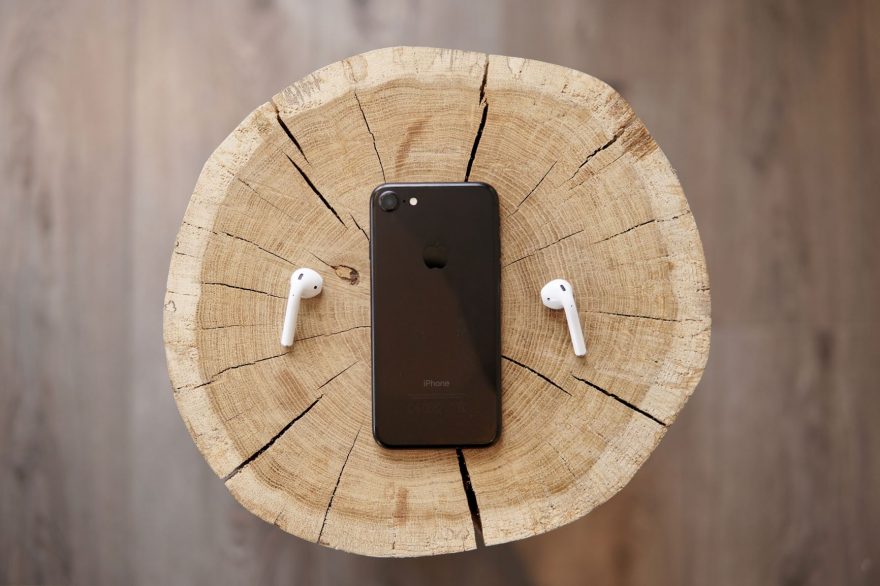Uncertainty has become a very present factor of modern working life, yet almost all of us crave certainty and spend a lot of our time and effort working very hard to create as much of it as we can. Only to find that uncertainty often wins out!
In this podcast, part of a mini-series looking at the questions and topics that often come up in coaching sessions, Richard and Paul dive into the world of uncertainty. They explore some of the ways that we can ensure that we don’t get stuck waiting for certainty, or derailed when the world gets messy.
Uncertainty can feel disorienting and makes decisions far more complex, yet we can all learn the skills that enable us to lead, work, and succeed in an uncertain world.





